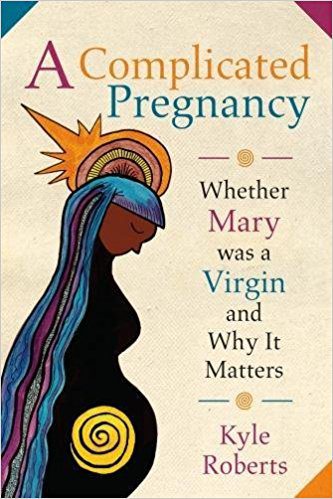I’ve been involved in Advent discussions at my church on the ‘theology of heaven.’ It’s been fun to think about heaven in the context of Advent. We typically reflect on the incarnation when we do Advent stuff, but it’s also very much a time to reflect on the brevity of life, the meaning of our history, and what comes ‘after’ this life. Our culture suffers from a deprived (if not depraved) understanding of ‘heaven,’ which has also fed into the difficulty to see the hope that heaven brings into the context of Advent.
In the biblical material, heaven is far from what much of pop cultural Christianity understands heaven to be (i.e., the ethereal, eternal resort for disembodied souls).
Christopher Morse, in The Difference Heaven Makes, offers a better articulation of heaven, as the “course of God’s action directed toward earth,” or, very much reminiscent of Moltmann, “the course of God’s forthcoming” (11). Heaven is not so much a place “out there ” somewhere, as it is the new reality that is replacing the old/current reality, or order of things. We are witnessing the beginning of the arrival of heaven on earth, in some respects, since God’s kingdom (remember Matthew uses “kingdom of heaven,” as synonymous with “kingdom of God”) has arrived in the person of Jesus and yet is still on its way.
This thought, while beautiful, is admittedly difficult to reconcile with the way the world so often is. We observe the pains and sufferings of so many around us, and often experience them ourselves. We witness injustice and evil, trauma and nihilism. And then we’re told that heaven is “the course of God’s action directed towards earth”–but where is this “course of action” manifest? Where is it tangible?
There is more to Morse’s definition of heaven, by the way. He offers a related image in that heaven is the “kingdom at hand, but not in hand.” We can sense it, but just enough to know we need more of it.
But maybe it’s visible more often than we suppose. Maybe we see it in little transformations, small but serious glimpses of the kingdom.  Maybe we see it in the work of protestors for justice, and in the strategic imaginings of activists for social change. Maybe we see it in acts of love that happen all around us, that often go unnoticed. Maybe we hear it in words of comfort, of expressions of repentance, of unexpected forgiveness, of radical acceptance and hospitality. Maybe we see it in noble works of enterprise and in impulsive bursts of creativity. Maybe it’s in the long suffering patience of servants of God, leading communities of God’s people in diverse places and ways to bring a little more justice, a little more love, a little more light, into the world. Maybe the Spirit of God is bringing heaven to earth in more ways than we can imagine.
Maybe we see it in the work of protestors for justice, and in the strategic imaginings of activists for social change. Maybe we see it in acts of love that happen all around us, that often go unnoticed. Maybe we hear it in words of comfort, of expressions of repentance, of unexpected forgiveness, of radical acceptance and hospitality. Maybe we see it in noble works of enterprise and in impulsive bursts of creativity. Maybe it’s in the long suffering patience of servants of God, leading communities of God’s people in diverse places and ways to bring a little more justice, a little more love, a little more light, into the world. Maybe the Spirit of God is bringing heaven to earth in more ways than we can imagine.
Heaven (the ‘course of God’s forthcoming’) is not here yet, to be sure. The old order is still very much with us. But maybe, like the images of your car’s side mirror, heaven is a bit closer than it appears.
photo credit: <a href=”https://www.flickr.com/photos/peterthoeny/14474619105/”>PeterThoeny</a> via <a href=”http://photopin.com”>photopin</a> <a href=”http://creativecommons.org/licenses/by-nc-sa/2.0/”>cc</a>











